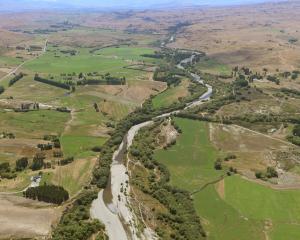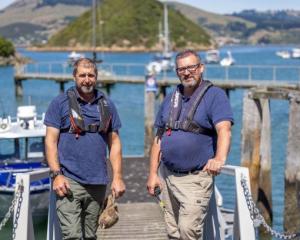They are opposed to dropping some wetlands from the plan and want the ORC to ensure wetlands compromised over the past 10 years are restored.
Fish and Game councillor Ray Grubb told a recent council meeting that removing wetlands from the schedule because they were not what they used to be would "legitimise illegal activity".
"That is what it is. They have been altered over the past 10 years, they have been drained and modified, when that should not have happened."
The ORC has proposed changing the plan to create one schedule of regionally significant wetlands.
The proposals have yet to go to public consultation.
Fish and Game Otago chief executive Niall Watson said the council and ORC staff had identified many wetlands to be added to the list.
However, the ORC proposed taking 33 wetlands off the schedule because, after progressive degradation, they "now have few values associated with wetlands".
He told councillors the rate of loss to the likes of draining, piping, ploughing and grazing since the regional plan became operative 10 years ago highlighted the need for stronger policies and monitoring.
Fish and Game Otago chairman Monty Wright said he was "appalled" public endowment land, including the Cairn Wetland at the head of the Waipahi River, could be allowed to be degraded.
He was just as appalled wetlands might drop from the schedule because they had been degraded, he said.
"We have got to give the new council a barrel. We have tried to work with them in the past, but we really need to let them know we expect more from them on this one."
Adrian McIntyre suggested Fish and Game use its own fowl-monitoring flights to photograph wetlands to keep track of farmland incursions, but Mr Watson said that remained the ORC's responsibility.
"We need to put in on the regional council that it cannot let these things simply evaporate from one year to the next.
It is really critical that if the ORC sets out to protect something, that it monitors it."
If the ORC wanted to hold the line on water quality, it had to come to terms with the value and protection of the region's wetlands, Mr Watson said.
The council voted to oppose reducing the schedule, and to press the regional council to ensure damage to degraded wetlands was remediated.












